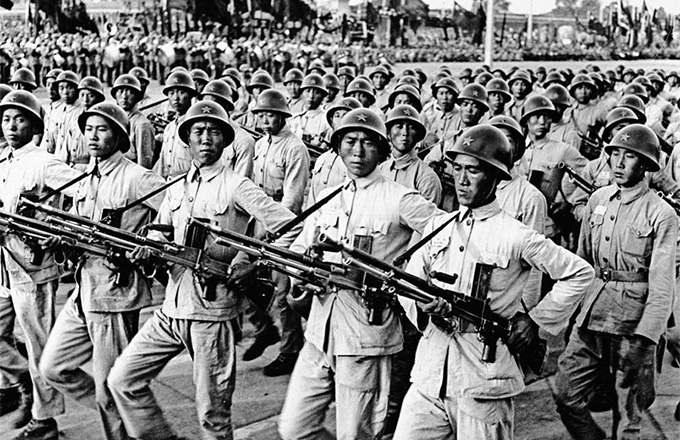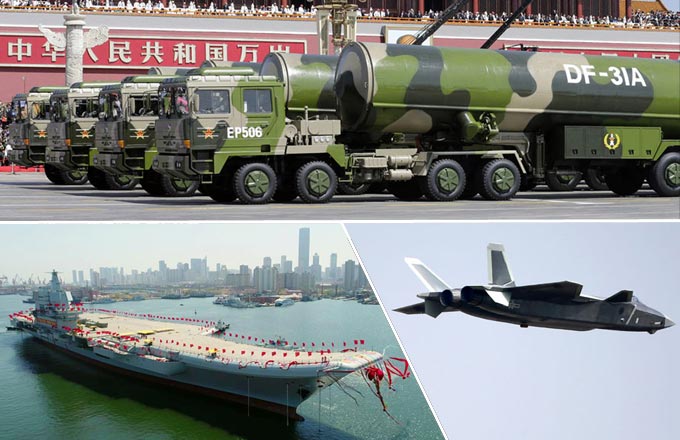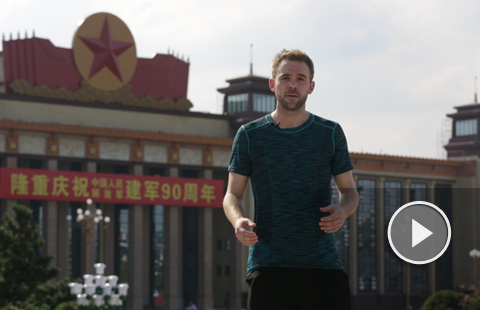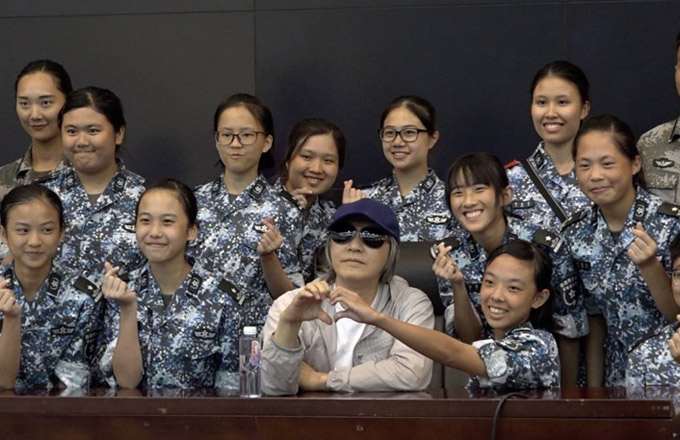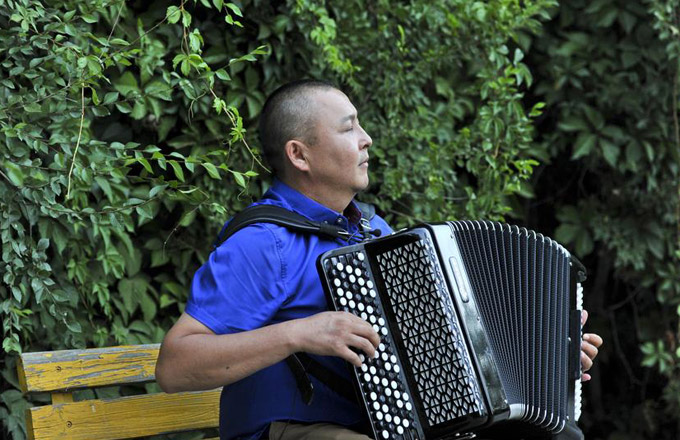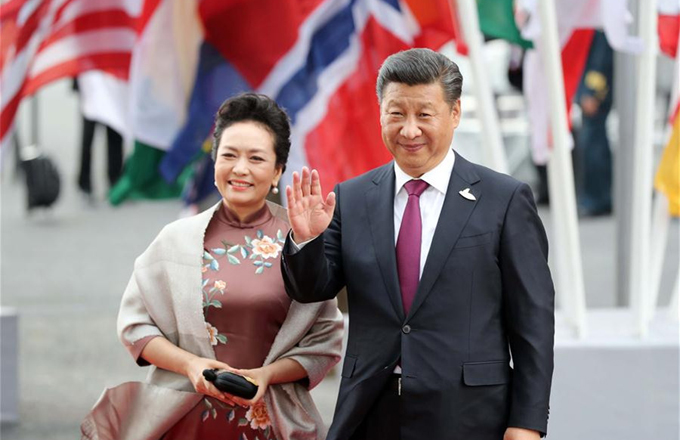Beijing drafts fireworks ban
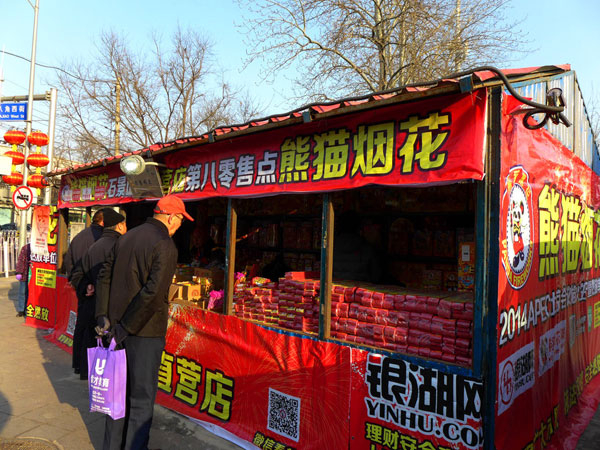 |
|
Customers look at fireworks at a retail stand in Shijingshan district in Beijing on Feb 13, 2015. [Photo/CFP] |
BEIJING -- Chinese Lunar New Year is likely to be less noisy in Beijing in the future, as local authorities are considering a ban on fireworks, a traditional part of the celebrations.
The city's legislative affairs office published a draft amendment Friday that prohibits fireworks within the fifth ring road. The draft will be open for public comment from Friday until Aug 26.
Setting off firecrackers is a long-standing custom to celebrate the lunar new year, as Chinese believe the noise will drive away bad spirits and bring good luck. However, the tradition has caused fiery arguments in recent years, amid mounting air pollution complaints and safety concerns.
Although fireworks are allowed within the city during the lunar new year, or Spring Festival, the number of fireworks sold has declined year by year since the current regulations took effect in 2005, according to Zhang Changyu with the legislative affairs office.
In Beijing, the sales of fireworks and firecrackers during this year's Spring Festival dropped by around 30 percent year-on-year, and by nearly 74 percent compared with that 12 years ago, Zhang said.
Nevertheless, they have continued to take their toll on air quality. During the past five years in Beijing, from the lunar new year's eve to the fifth day of the holiday period, two to four days saw heavy air pollution, according to Sun Feng with the Beijing Municipal Environmental Monitoring Center.
From January to June, days with good air quality accounted for 55.3 percent, down 5.8 percentage points year-on-year, and the average density of hazardous fine particle matter PM2.5 was up 3.1 percent from the level in the first half of 2016.
In addition, fireworks and firecrackers caused more than 2,100 fires, killing five people and injuring eight others during the Spring Festival holiday periods from 2005 to 2017, inflicting direct losses worth 150 million yuan ($22 million), Zhang said.
"In recent years, we've heard a stronger voice demanding stricter control of fireworks, and found that people care more about the environment and urban development," Zhang said, adding that the amendment aims to better "adapt to the capital's development" and "safeguard citizens' lives and property."
The proposed fireworks ban has split online opinion. Many support the idea, with some even suggesting a national ban, while opponents criticized it for killing off cultural traditions and questioned its effect on addressing the obstinate winter haze in Beijing.
Nationwide, 444 cities, including 10 provincial capitals, have banned fireworks.




